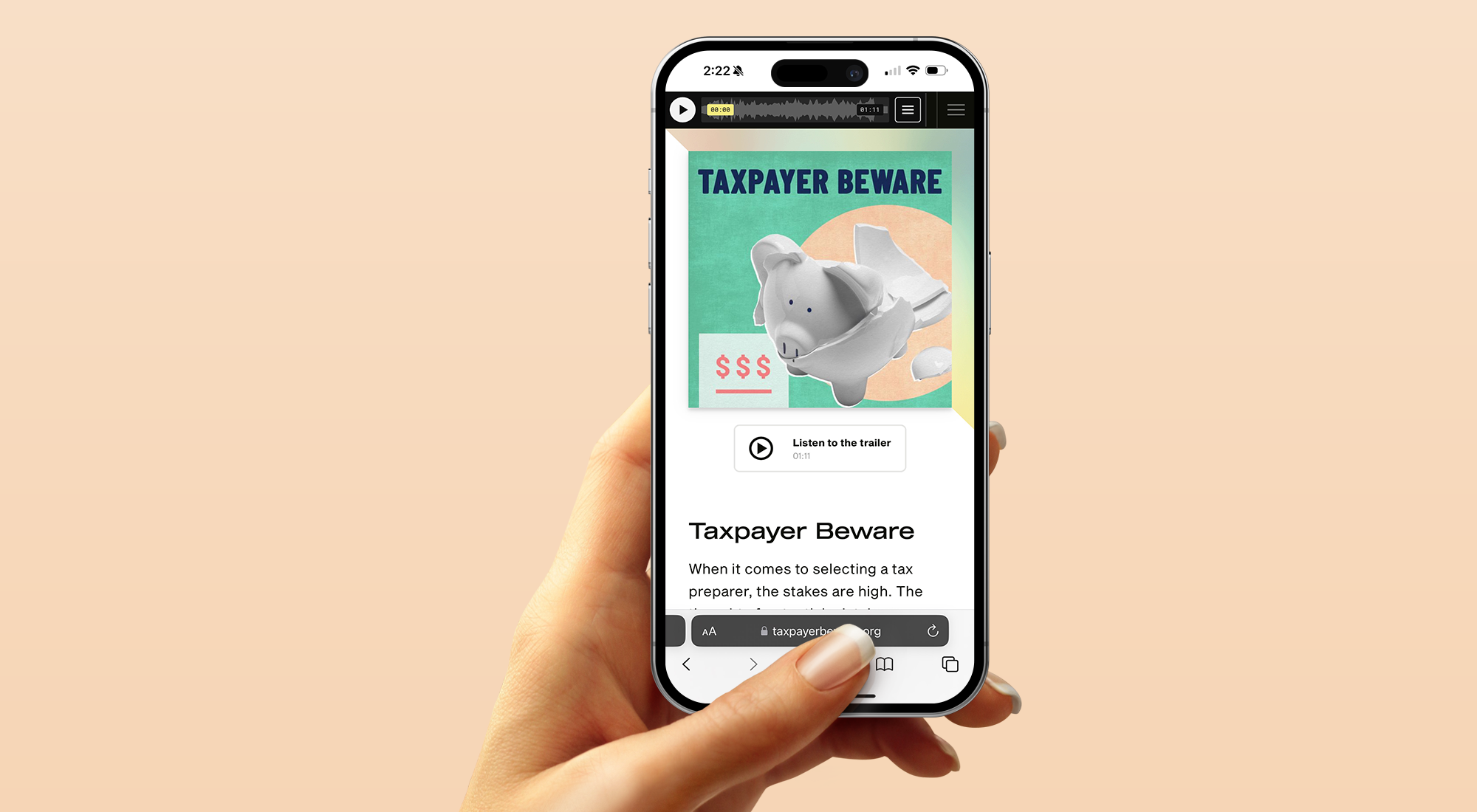In January, Governor Newsom announced that the California Franchise Tax Board (FTB) will provide state disaster tax relief for individuals and businesses impacted by the wildfires. This has raised concerns about scammers who may take advantage of victims seeking professional assistance with their tax returns to claim disaster refunds. Protecting taxpayers against fraud is one of the reasons why California requires tax preparers to be licensed or registered. State law requires anyone who prepares tax returns for a fee to be either an attorney with the State Bar of California, certified public accountant (CPA)with the California Board of Accountancy, CTEC-registered tax preparer (CRTP) or enrolled agent (EA) with the Internal Revenue Service.
Below are typical scams to know:
- Not signing the tax return – Paid tax preparers are required by law to sign client tax returns (typed or handwritten) and include an IRS Preparer Tax Identification Number (PTIN).
- Not transferring refunds to the taxpayer – All refunds should be deposited or sent directly to the taxpayer. Avoid tax preparers who claim refunds should go to their bank account.
- Fees based on refunds – Many questionable tax preparers set their fees based on the size of the taxpayer’s refund or even take a percentage of the refund as payment. Legitimate tax preparers, on the other hand, base their fees on the complexity of the tax return, not the refund amount. The size of a refund should never affect the cost of tax preparation services.
- Guaranteed refunds – Legitimate tax preparers can only guarantee that clients will pay the least amount of taxes owed or receive the maximum refund based on current tax laws and their individual situation. Be cautious of advertisements that promise guaranteed refunds, as these could be red flags for scams.
To hear more FTB enforcement warnings and tips on how to choose a tax preparer, visit taxpayerbeware.org to download podcast episodes. The podcast is also available in Spanish at contribuyentecudese.org.





